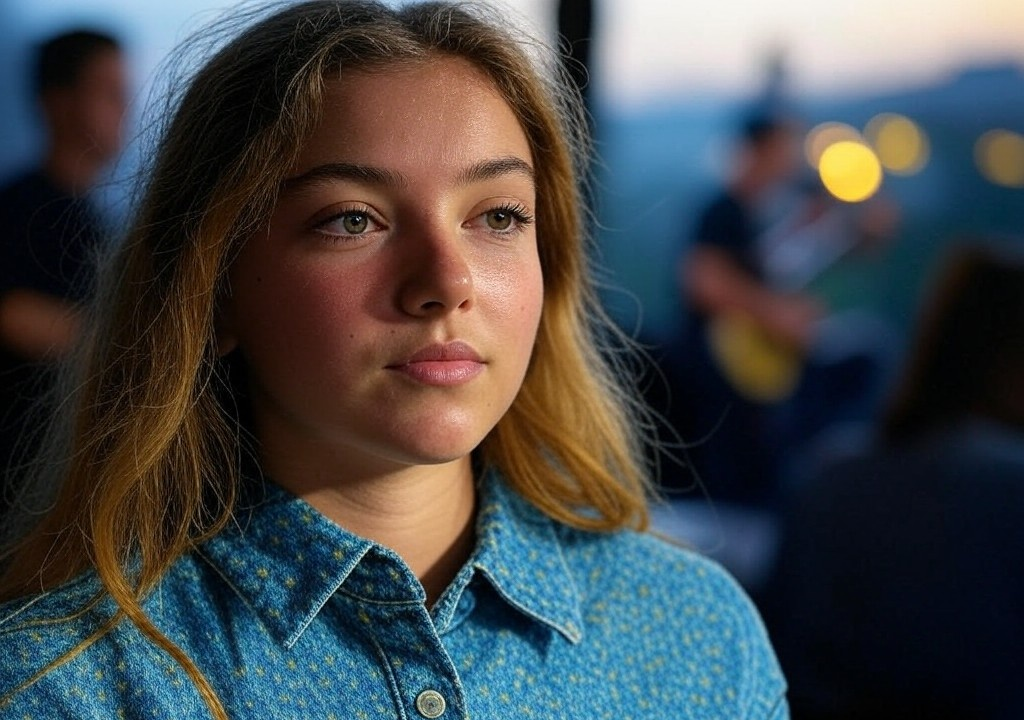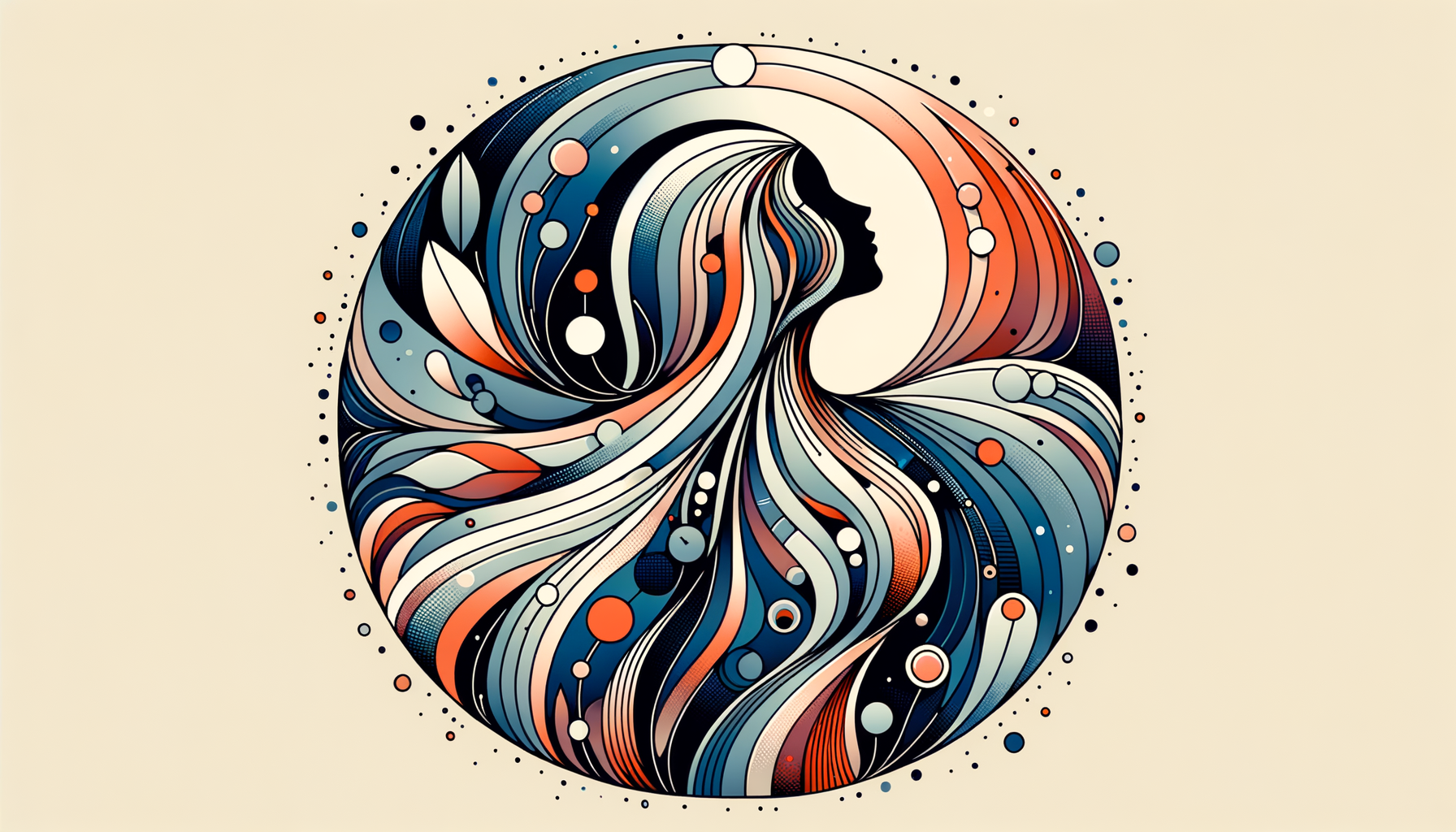It started with a quiet dare: What would happen if I finally loved myself as fiercely as I loved other people? That’s not an easy question to answer when you’ve been conditioned—by movies, social expectations, your own inner critic—to believe that love is something you give, earn, or, worse, win. I thought I had a good handle on love (or at least the idea of it). But then I read All About Love by bell hooks, and my entire understanding of relationships—romantic and otherwise—flipped on its axis. A book about revolutionary love from one of the great cultural critics of our time? Well, let’s just say it landed on my heart like match to kindling.
Here’s the rub, though: I wasn’t looking for anything revolutionary. When I first picked up the book, my life wasn’t in shambles—it was just… fine. I was single, not unhappily so, but with a faint itch in the back of my brain that something was missing. I had a solid group of friends, a job I loved, and a fiery passion for crafting Spotify playlists that could make anyone nostalgic for an imaginary summer in 1996. But looking back, I had a sneaky habit of pouring every ounce of my affection into other people’s buckets without ever checking if mine needed filling.
And that, right there, was the first of many wake-up calls I got from bell hooks.
The Myth of Love as a Feeling
Let’s start with the bombshell: Love isn’t a feeling. It’s a choice. A verb. An action. For years, I clung to Hollywood’s Rom-Com Manual for Understanding Love, where you meet someone at a farmer’s market while reaching for the same organic tomato and—bam!—cue the montage of two beautiful people riding bikes through cobblestone streets. But hooks calls out this kind of “love” as infatuation—enticing but fleeting. Real love, she argues, is about showing up consistently, committing to honesty and care, and choosing to pour intention into your relationships.
That concept was both liberating and mildly terrifying. The liberation came from knowing love wasn’t some cosmic lottery you won or lost, but the fear? It was realizing I hadn’t been doing a great job of applying this insight to myself. Sure, I’d been fabulous at throwing myself into others’ lives. Need a late-night pep talk? I’m your girl. Struggling with your budget? Let me spreadsheet my way into your heart. But showing myself that same level of love and care? Let’s just say the file for that in my mental cabinet was woefully underdeveloped (or missing entirely).
Why Self-Love Isn’t Just Bubble Baths and Charcuterie Boards
Here’s where hooks really got in my face (figuratively, of course): Love starts with the self. In one of the boldest passages, she writes, “There can be no love without justice.” She’s not talking about grand political systems here; she’s talking about personal justice—the fairness and care we afford ourselves. How many times have I nodded along when a friend told me about their amazing solo trip or new creative project, yet mentally dismissed my own dreams as frivolous or “something for future me to figure out”?
I used to think self-love meant braless Sundays spent bingeing Fleabag with an overpriced latte—a treat-yourself moment—but hooks challenges that. Real self-love asks you to do the deeper work: identifying your needs, setting boundaries, forgiving yourself for past mistakes, and actively creating a life where your well-being is non-negotiable. Spoiler: That’s harder than it sounds. It involves saying no more often, which, if you’re an incurable people-pleaser like me, feels about as natural as wearing stilettos to a backyard barbecue.
But let me tell you, setting boundaries is the ultimate self-love flex. Declining a dinner invitation because you’re exhausted isn’t selfish—it’s loving your own limits. Taking a break from social media because the highlight reels feel like self-worth landmines? That’s justice for your mental health. hooks’ wisdom gave me permission to prioritize myself without guilt, shame, or the nagging thought that I owed someone an explanation.
The Joy and Terror of Loving Others More Fully
Of course, All About Love isn’t just a book about self-love—it’s a call to reimagine how we love others, too. And hoo boy, did that hit home. hooks argues that most of us have an incomplete definition of love, one that focuses more on possession and approval than mutual care and growth. Love, at its core, is about giving someone else the freedom to be fully themselves, even when it’s inconvenient or uncomfortable. It’s about partnership and accountability, not control.
Here’s the thing: I grew up in a household where love was unconditional, but conflict avoidance was kind of the family sport. (We were more “Let’s table this until it implodes” than “Let’s talk it out.”) As I moved through my twenties, I realized I’d inherited a knack for quietly suppressing my feelings to “keep the peace”—a habit that left me resentful or burnt out far too often. hooks made me realize that honesty isn’t the enemy of love; it’s the vehicle that gets you where you want to go.
A few months after finishing the book, I started practicing what I’ll call the “butterfly test.” Imagine your feelings are tiny butterflies (stay with me—it makes sense later). Every time I felt irritation or sadness fluttering in my chest, I’d stop and ask myself, Am I about to shove this butterfly into a jar, or am I ready to let it out and share it with the person I care about? This tiny metaphor—a blend of whimsical and uncomfortable—helped me start addressing issues earlier, with less fear of rocking the boat. And guess what? My friendships got deeper. My family felt closer. It worked because I wasn’t hoarding the butterflies anymore.
Redefining “The One”
Another thing hooks made me examine: this obsession with The One. You know, the mythical soulmate who’s supposed to complete your sentences, playlists, and probably taxes. While the idea of a “one-and-done” soulmate sounds romantic, it can also trap us into thinking love exists in scarcity—that if we lose one person, something’s wrong with us, or we’ll never feel that connection again.
hooks reminds us that love isn’t finite. It’s expansive. More importantly, it’s something we experience in so many forms; pigeonholing it into one romantic ideal is both unfair and untrue. When I reframed love as something I could cultivate across ALL my relationships—platonic, familial, romantic—it freed me to appreciate what was already abundant in my life. I stopped searching for Prince (or Princess) Charming and started investing in the people who were already showing up, flaws and all.
Living the Lesson
If you’re wondering if I’ve become a perfect oracle of love, let me stop you right there. I still have days when I’m tempted to duct-tape my butterflies, throw myself into someone else’s problems, or settle for a big-screen version of love instead of the messy, beautiful real thing. But I’m practicing. And isn’t that the point? hooks didn’t write All About Love to give us some masterclass on Getting It Right by Tuesday. She wrote it to encourage us to wake up and stay curious about the ways we give and receive love.
So, let me leave you with this: What would it look like if you decided to love yourself—truly, deeply, unapologetically? What would it mean to extend that love to those around you in a way that feels freeing, not stifling? And are you ready to let your butterflies out of the jar? I don’t have all the answers, but I do know this: Every single day, we have a choice to love better. Thank you, bell hooks, for helping me realize I’m brave enough to try.




















